I've been living in a house for about 7 years and have never been a yard person before. My yard is 25000 sqft (we're WAY out in the country) and the yard was originally sprigged bermuda. This doesn't include my lane which is at least as much area but that is primarily bahia and something else that looks like bermuda but not as nice.
Actually my yard still is sprigged bermuda, but it's only been fertilized maybe once in 7 years. And the yard itself is NEVER watered (except when I first got the house).
The soil is sandy and VERY compacted in places with some large bare spots primarily where vehicular traffic is and under trees. It's also hard pan very near the surface in other areas. Clay is down below that.
I had a soil test done for a garden plot down to about 8" and it showed everything good EXCEPT potassium was in the low range. The sample was taken from beneath the level of the sod, so I'm getting another test done at sod level (sending off today) to verify the deficiency at the sod level.
Here's my problem. I'm cheap but I want a DECENT looking yard. Nobody comes here anyway except maybe a couple times a year (with exception of the ups guy), so it's just not that big of a deal to me.
Problem is, I started doing math on fertilizer costs and it started getting scarey.
Also, originally was going to put down aged pine bark fines mulch to help offset potassium deficiency and the bald spots but to apply 1/2" as a top dressing would require 40 yd3 or $611.00. Then I still have to do the fertilizer on a regular basis. Anyway it's going to add up.
Besides that, I started doing calculations for watering and was shocked frankly, as to how many gallons of water I'd be using to water my yard to only get 1" of water per week. Averaging things out based on precipitation for my area, I wouldn't have to water 14 weeks out of the year (1" or more precipitation), 13 weeks I'd have to water 1/2" +/- and 20 weeks I'd need to water 1" (no precipitation for 20 weeks out of the year.... I found that interesting).
Turns out to water at these rates would require 516+ gallons on weeks I need to add "only" 1/2" of rain, and 1,032 gallons on weeks that there isn't any rain.
That means that over the course of the year I'm looking at pumping 516(13) + 1032(20) = 27,348 gallons of water. I really had no clue. Now, I've never done any scheduling as far as watering goes, so I'm guessing these numbers could conceivably be cut in half (watering only at half rates during cooler parts of the season etc) however, that still seems like a LOT of water to me. Just really got me thinking about things in general
Then there's a particular area of my yard that has me puzzled. It's the area where my garden is. It's the same bermuda lawn, but it got substantial water over the spring summer only with no fertilzer, but it looks "great"... maybe a stretch but it certainly meets my criteria for a VERY nice lawn (only if it covered the rest of my yard). It's never seen fertilzer either and it appears a nice deep green.
Only thing I can attribute it to is the water.
Interestingly, my irrigation water is acid (4.8), and my soil is acid (6.9), No fertilizer has been used but soil report says deficient in potassium. Maybe bermuda doesn't need nitrogen (or my grass clippings are supplying enough), and doesn't need phosphorous or potassium (because the soil test indicated high phosphorous and low potassium... if you can follow my logic).
So, my gut is kind of telling me, why mess with a good thing. Forget the fertilizer, till up the bare spots and sprig them and water, and let mother nature take care of itself.... and the yard will work itself out.... with possile exception of under the trees and where we drive on the grass. Maybe put some beds under the trees I suppose.
Also have read a little on clovers etc that could be used for alternative lawn areas that require little of the above and would consider converting some of the lawn to alternative materials if anyone has suggestions.
So, what do you think? How would you approach this? I'm trying to think "responsibly" about this, so the water is a definite issue.... Maybe I just need to get it going again, then I can start conserving water more?
Any thoughts appreciated.
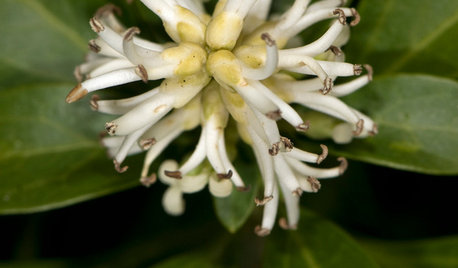
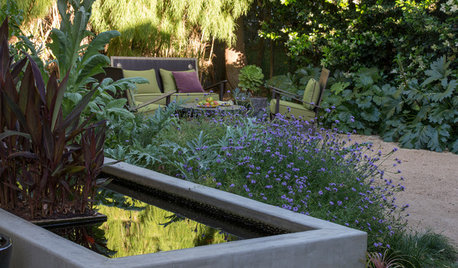
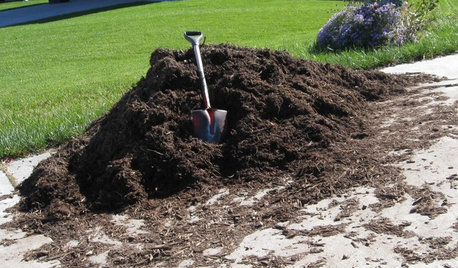
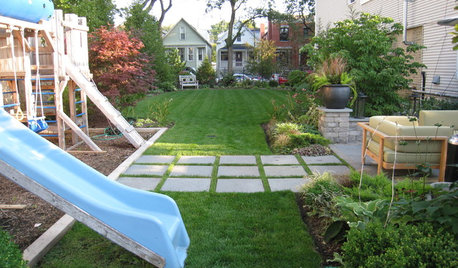
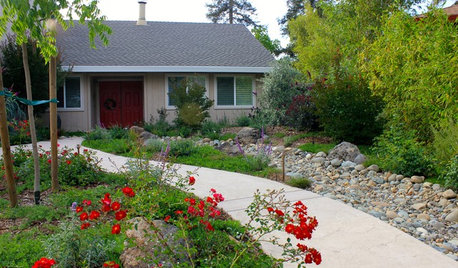
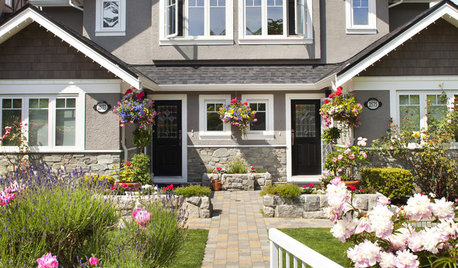

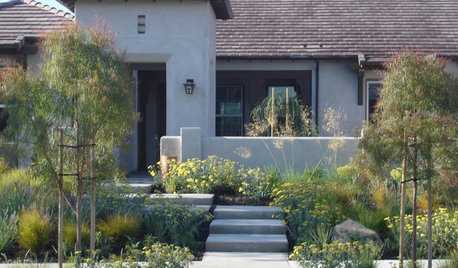
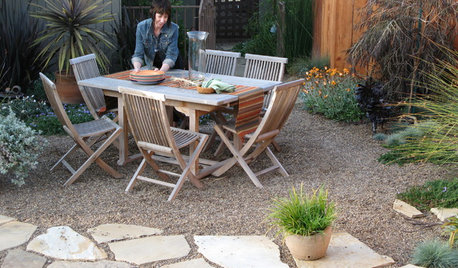
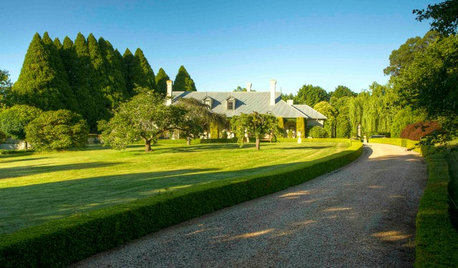




soccer_dad
indalyne
Related Discussions
Bermuda Lawn: Weeds' response to urea application?
Q
Help with my Bermuda lawn...
Q
Re-Doing Bermuda Lawn
Q
What would you do with my lawn?
Q
emyersOriginal Author
emyersOriginal Author
skoot_cat
emyersOriginal Author
hsvcara
skoot_cat
emyersOriginal Author
soccer_dad
emyersOriginal Author
rdaystrom
ronalawn82
emyersOriginal Author
emyersOriginal Author